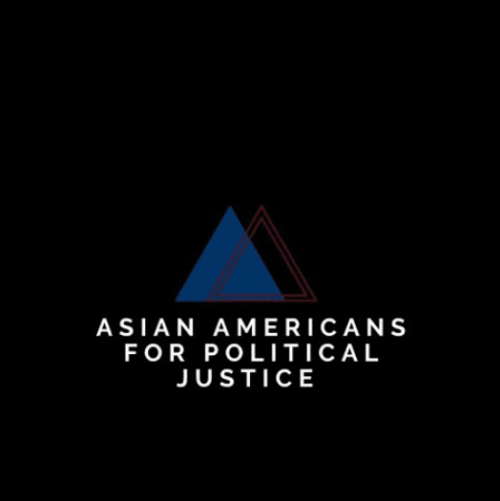A wide variety of clubs at Harvard focus on supporting the greater Asian American and Pacific Islander (AAPI) community. Certain student organizations encompass broad areas of interest, such as the Asian American Association, while groups like the Asian American Dance Troupe may celebrate more specific areas of interest. These groups have been foundational, but there remained a niche left unoccupied on-campus: an advocacy organization specifically dedicated to expanding reach outside of the AAPI community.
Asian Americans for Political Justice is a new AAPI advocacy group founded this semester by Sanika Mahajan ‘21 and Ryan Zhang ‘21. Its goal is to complement the groundwork done by other AAPI groups with an outreach-oriented approach; it aims to provide a functional understanding of the issues affecting the AAPI community to the greater Harvard community by making the initiatives addressing these issues more visible. AAPJ is policy-oriented and has plans to focus on education initiatives designed to increase awareness of the most pressing challenges currently faced by Asian Americans today. Zhang describes this as a driving reason behind collaborating with “Asian Americans Advancing Justice, a national advocacy organization that engages in “signing briefs to Supreme Court cases [and] coordinating Census counting efforts across the country.” Zhang also details plans of “meeting with elected representatives in Boston to push for policy changes that will help mitigate inequalities facing the Boston AAPI community.”
One of AAPJ’s primary areas of focus is on dispelling the myth of Asians as a model minority. This prevalent stereotype dates back several decades, portraying Asian Americans as an ideal example of how immigration and integration “should” be. They have supposedly smoothly integrated into American society and slowly climbed the meritocratic ladder to reach a state of personal success, educational attainment, and financial security. While this is a lovely narrative, it is fundamentally not reflective of reality. Asian Americans still disproportionately fall below the poverty line. Furthermore, Asian Americans are the racial group with the greatest internal income inequality. The organization intends to explore how factors in Asian American life, such as historic immigration and settlement patterns, have affected the standard of living of various subgroups of the community, as well as investigating contemporary issues, such as examining the obstructions that limit within-group social and economic mobility. The goal is to use this information to come up with policy-oriented solutions and help drive the political action needed to implement them. Majahan elaborates on this approach: “Our place in this is three-pronged; we strive to educate the Harvard community about these issues and about effective allyship, advocate for policy change and recognition through direct interface with lawmakers, and fundraise for organizations targeting similar problems.”
The AAPJ has informed the Independent that, this semester, they will be working with Asian Americans Advancing Justice, a non-profit legal aid and civil rights organization. For those interested in getting involved, they will be hosting an array of events in the near future, including Know Your Rights workshops, speaking events with Asian American civic leaders, and political advocacy meetings with local, state, and national elected representatives.
Asian Americans for Political Justice can be reached at their website, asianamericanpoliticaljustice.org or at their email, aapj.info@gmail.com.
Chidambaram Thillairajah ’21 (cthillairajah@college.harvard.edu) writes News for the Indy.

